The Scottish Government wants to partner with Scottish councils and others to deliver 20 minute neighbourhoods in Scotland. Its intent to do so is included in the 2020-21 Programme for Government and many places in Scotland do seem to have the building blocks needed to become 20 minute neighbourhoods. However the same is also true of many other communities globally – and yet few have so far succeeded. So what does it take to move from just proposing 20 minute neighbourhoods to really delivering them on the ground in Scotland?
What are 20 minute neighbourhoods and why do they matter? At its simplest a 20 minute neighbourhood is a place where people living there can access almost all of their daily needs – such as shopping, school, leisure and local services – within a 20 minute walk. That matters because being able to do so brings enormous benefits. Those benefits include physical and mental health, community sustainability and resilience, climate net zero targets and quality of life and well-being.
However it isn't simply a matter of everything being accessible within 20 minutes. To be successful, a 20 minute neighbourhood has to be perceived as having high value by those who live and work there. That means the services, the environment and the infrastructure have to be much more than simply present. They also have to be high quality, work well together, be sensibly joined up and collectively create a sense of a place that people want to be. Ultimately those who live and work in a 20 minute neighbourhood need to feel that it is a place where they attach high value to the quality of what they do, how they do it and where they do it.
This conference looks at what it really takes to achieve 20 minute neighbourhoods that work. It considers the key factors to be addressed across national and local government and the role of other agents and players. It discusses the central importance of community engagement and expression to enable genuinely new and sustainable approaches to place delivery to take root. It reflects on the challenge of ensuring 20 minute neighbourhoods are not thwarted by silo practices in how budgets, policy and decision making are controlled by various partners.
Describing 20 minute communities and their key components is one thing, delivering them is another. So do they really matter and why? What role do the various stakeholders have to play to support their development? Who and what needs to get out of the way, what kind of thinking and practice needs to be abandoned and what do those committed to place planning and 20 minute neighbourhoods need to do to foster their emergence? What are the policies that have to be understood and adopted, which are the processes to follow in taking next steps and how do we make delivery happen?
This conference examines the core challenges and opportunities presented by the evolution of policies on planning, place and 20 minute neighbourhoods in Scotland. It will focus on three broad themes:
Benefits of Attending
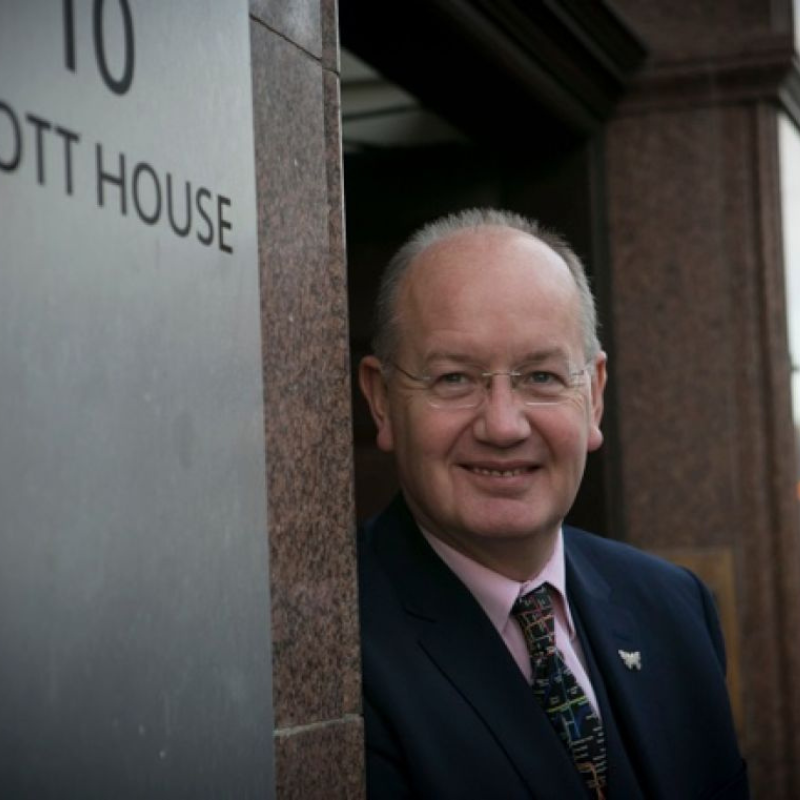
Director
Playfair Scotland
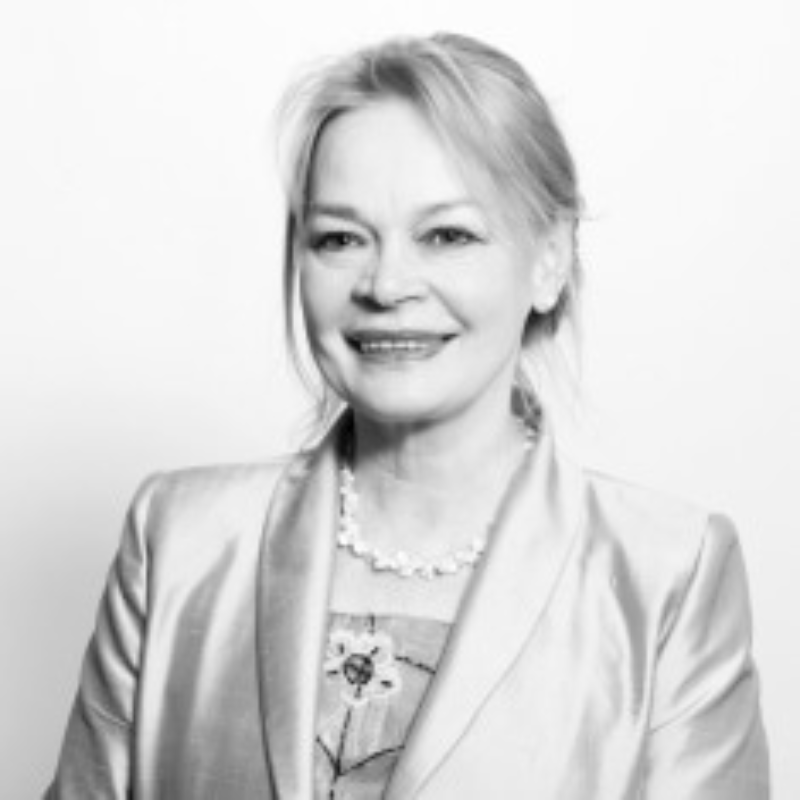
Chief Executive
PAS
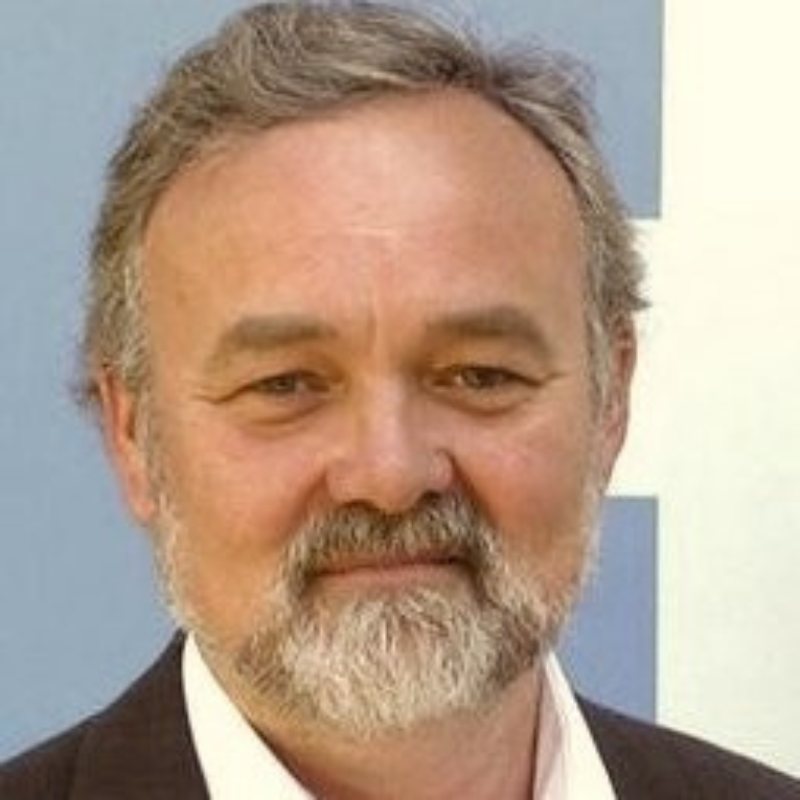
Place Principle Advisor
Scottish Government
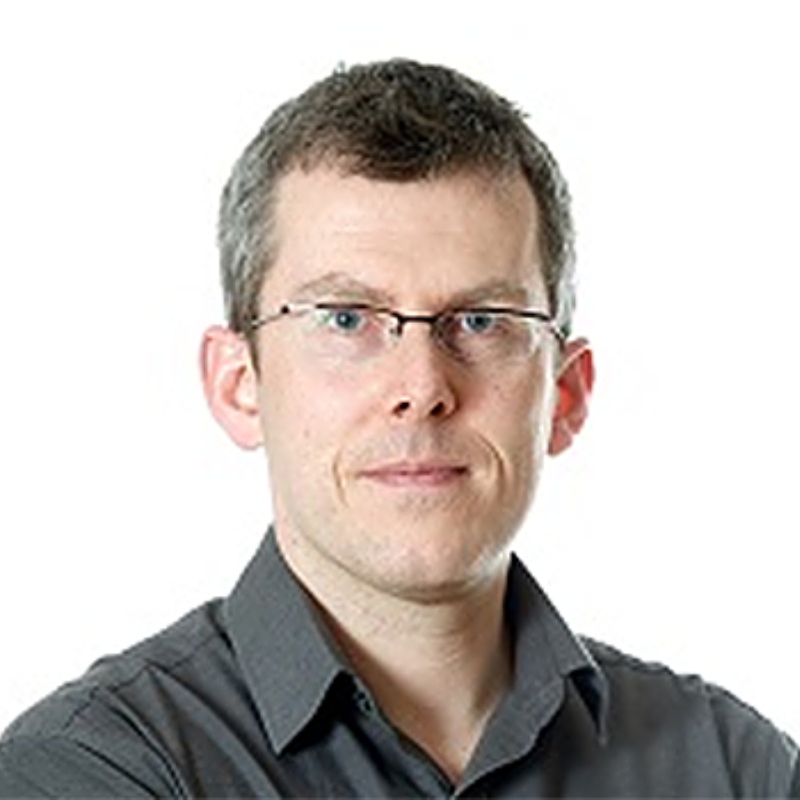
Associate Director – Place, Housing & Economic Investment
Scottish Futures Trust

Senior Associate
Brodies LLP

Public Realm Director
The Crown Estate
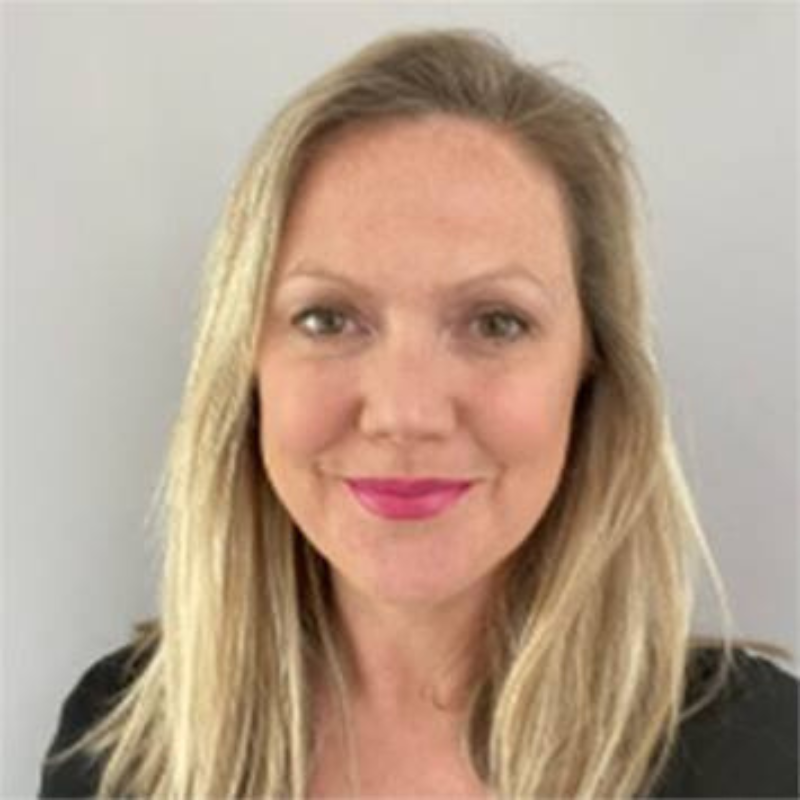
Director of Sustainable Economics
Ramboll Group
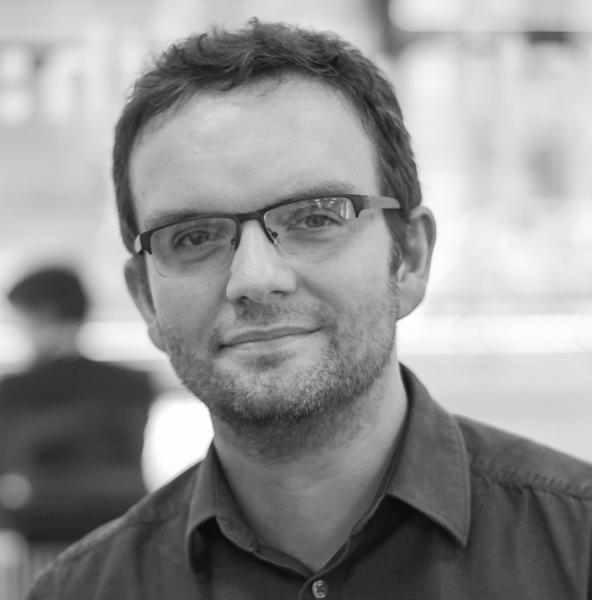
Chief Executive
Austin-Smith:Lord
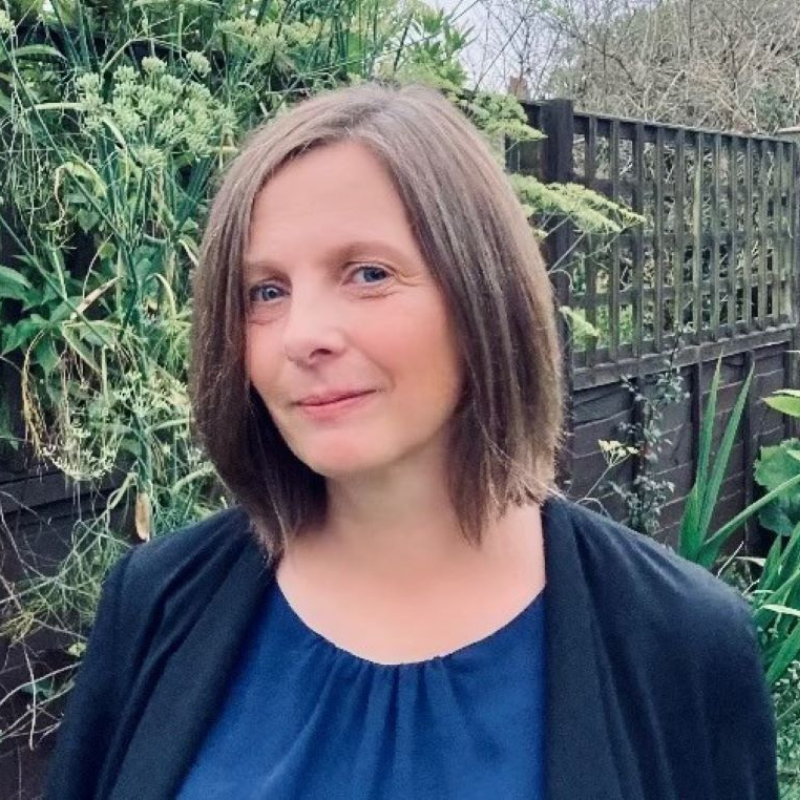
Chief Planner
The Scottish Government
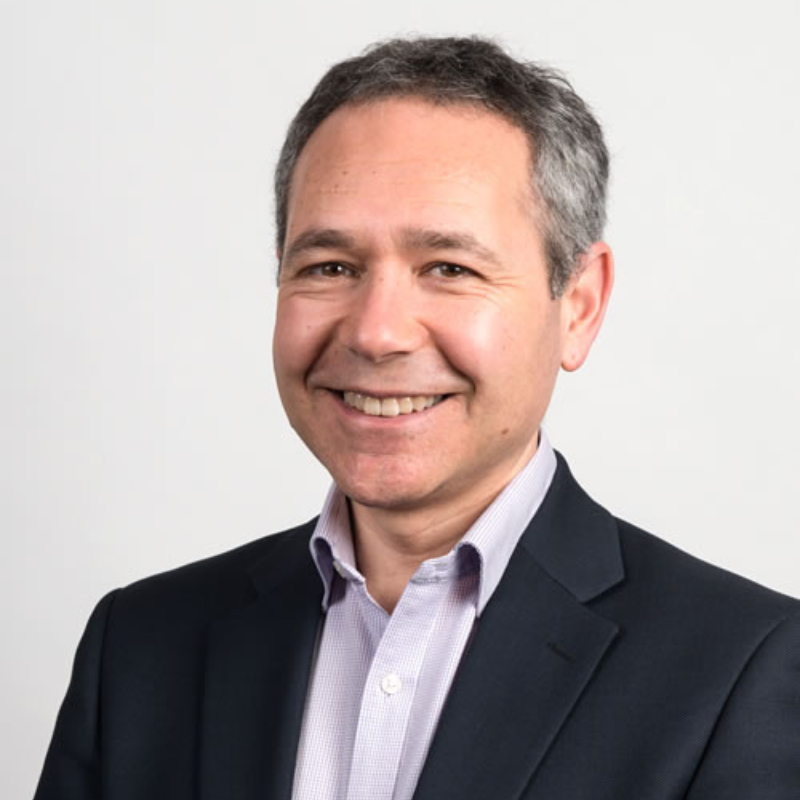
Planning Director
Third Revolution Projects
09:25 Chair's opening remarks
Donald Anderson, Director, Playfair Scotland
PlayfairScot3 DA_Anderson
Session 1: Understanding the strategic policy context
09:30 Planning as an effective strategic enabler in the place context
Dr Fiona Simpson, Chief Planner, The Scottish Government
ScotGovPlanning
09:45 NPF4, place and the 20 minute neighbourhood opportunity
Stefano Smith, Director, Stefano Smith Planning
StefanoSmith15
10:00 Why do 20 minute neighbourhoods matter and what should we be aiming for?
Petra Biberbach, Chief Executive, PAS
PASTweets Biberbach
10:15 Question and answer session
10:30 Comfort Break
Session 2: Effective process to support placemaking and 20 minute neighbourhoods
10:45 Place development – it takes a village to make a village
Diarmaid Lawlor, Associate Director – UrbScotland
11:00 Getting the place components right – understanding what matters
Stef O'Gorman, Director of Sustainable Economics, Ramboll Group
Ramboll
11:15 Collaboration, place and purpose
Sam Cassels, Place Principle Advisor, Scottish Government
ScotGov
11:30 Question and answer session
11:45 Comfort break
Session 3: Moving from planning to delivery
12:00 Working with people to shape how their neighbourhoods should be
Daisy Narayanan, Head of Placemaking and Mobility, City of Edinburgh Council
Edinburgh_CC
12:15 Re-thinking and re-making place – what matters in delivering regeneration?
Graham Ross, Chief Executive, Austin-Smith:Lord
12:30 Getting down to the detail of delivery
Jenna Monteith, Senior Associate, Brodies LLP
BrodiesLLP
12:45 Question and answer session
13:00 Chair's closing remarks
Donald Anderson, Director, Playfair Scotland
PlayfairScot3 DA_Anderson

Donald Anderson
Director
Playfair Scotland
Prior to setting up the company, Donald worked as Director of the PPS Scotland Office for nine and a half years, as a company with specific expertise in inward investment, government and public service issues. Donald has worked on projects with an investment value more than £4billion in recent years. His work has covered most of Scotland working in 28 of the 32 local authority areas.
Donald was a councillor for over 20 years, working extensively on delivering economic development and investment and was one of the key public sector figures who helped Edinburgh become the strongest city economy in the UK outside London. Donald helped the city’s Festivals to thrive and conceived and created Edinburgh’s Christmas Festival which brings nearly £200million into the city each year. Donald was unashamedly pro-development during his period in office.

Petra Biberbach
Chief Executive
PAS
Petra Biberbach is Chief Executive of award-winning national charity, PAS. With a career spanning public, private and third sector, Petra brings a wealth of expertise to the post in the fields of planning, sustainable development, renewable energy, community engagement and research.
Petra is currently the Vice Chair of LINK Group and chairs the Property Development Group. Petra served as a member on the Independent Review of the Scottish Planning System and recently completed two terms as a board member of the Loch Lomond and the Trossachs National Park Authority and was Convenor of the Planning Committee. In 1998 she founded and became the first chair of the Campaign for Borders Rail (CBR) which campaigned successfully for the reopening of the Borders Railway.
She enjoys golf, choir, cycling, gardening and still singing along to Leonard Cohen!
Petra Biberbach
petra@pas.org.uk
0131 659 9771

Sam Cassels
Place Principle Advisor
Scottish Government
Sam is a strategic designer and facilitator with a focus on collaborative storytelling and place-making. He has worked on investment programmes for over 100 organisations internationally across the public and private sectors, helping them make well informed decisions about shaping the future. He has over 30 years of experience and has qualifications in architecture and economics.

Diarmaid Lawlor
Associate Director – Place, Housing & Economic Investment
Scottish Futures Trust
Diarmaid is the Associate Director for Place, Housing & Economic Investment at the Scottish Futures Trust.
He was previously Head of Urbanism with Architecture and Design Scotland. An urbanist, with a multi disciplinary background, he has worked on projects involving the shaping and implementation of change for clients in Ireland, the UK and Europe, for the public, private and tertiary sectors. He has almost 20 years' experience of helping clients make well informed decisions about complex, connected urban policy and investment challenges. He is an educator, communicator and collaborator who writes and speaks on creative approaches to making better places.


Daisy Narayanan
Public Realm Director
The Crown Estate
Daisy Narayanan is Director of Public Realm at The Crown Estate.
She was formerly Head of Placemaking and Mobility at the City of Edinburgh Council where she led on delivering a city-wide, integrated approach to transport and placemaking. She trained as an architect and urban designer, before focusing on sustainable transport and climate action over the last decade.
Daisy sits on the Board of Architecture and Design Scotland and The Transport Planning Society. She is a member of the Evidence Group of Scotland’s Climate Assembly and sits on the judging panel for the National Transport Awards. She has recently been awarded an MBE for services to Inclusive Urban Planning and elected to the Fellowship of the Royal Society of Edinburgh.
Drawing on her previous experience working in India, Singapore, England and Scotland, Daisy believes passionately in the importance of creating inclusive places for people: places that reflect and complement the communities that live in them.
A music aficionado, bookworm and linguist, Daisy spends her time enjoying the Scottish outdoors with her husband and two children.

Stef O'Gorman
Director of Sustainable Economics
Ramboll Group
Stefanie is the Director of Sustainable Economics. She specialises in the integration of a wide range of costs and benefits within decision making and supporting clients with strategic decision making for a more sustainable, inclusive society. Stefanie’s consulting experience (supported by academic training in environmental management, natural sciences and economics) spans the planning, technical delivery, and management of policy and infrastructure projects. As an environmental economist she has a deep knowledge of climate science, natural resource use, ecosystem services and natural capital, circular economy and more widely the principles and practices of sustainability, in its widest sense. Most recently she has focused on the economics of cities and urban settlements with a view to delivering valuable and tangible social and environmental outcomes through improved design and delivery of infrastructure, the creation of investable propositions, alongside significant stakeholder, community and third sector engagement. Her work in this area concentrates on environmental and social outcomes and how to support client in making ‘better’ decision.

Graham Ross
Chief Executive
Austin-Smith:Lord
Graham joined Austin-Smith:Lord in 1998 having studied at Edinburgh College of Art and the Technische Universität Berlin, graduating with Masters in both Architecture and Urban Design.
Graham is an Executive Director of Austin-Smith:Lord. As an architect, urban designer and planner, he has been involved in a wide range of projects throughout the UK and Ireland.
Graham is a Fellow of the Royal Incorporation of Architects in Scotland, a member of the Royal Institute of British Architects, a member of the Royal Town Planning Institute, an Academician of the Academy of Urbanism, a Recognised Practitioner of the Urban Design Group and a Fellow of the Royal Society of Arts.
Graham has contributed to several published pieces of research undertaken for the Scottish Government. His work has received numerous awards, including five Scottish Design Awards.

Fiona Simpson (Dr)
Chief Planner
The Scottish Government
Fiona Simpson, Scottish Government Chief Planner has worked for the Scottish Government for 15 years. She has overall responsibility for the work of Planning and Architecture Division, including national planning policy, casework and the digital transformation of the planning system.
Fiona provided secretariat support to the independent review of the planning system in 2016, played a key role in planning reform including the Planning (Scotland) Act 2019, and is currently leading the preparation of National Planning Framework 4. Fiona led the preparation of National Planning Framework 3, and prior to that was Head of Environmental Assessment and worked across Government to provide technical advice on a wide range of energy, marine and environmental policies and programmes.

Stefano Smith FRTPI
Planning Director
Third Revolution Projects
Stefano is a commercial and pragmatic development planner with a strong customer focus. Stefano has nearly 30 years of UK professional experience of managing multi-disciplinary teams within a planning, environmental, design and engineering consultancy.
He has extensive experience in providing development planning and project management services in the environment, infrastructure, energy, commercial, industrial, housing and mixed-use sectors. He is a Chartered Fellow of the Royal Town Planning Institute (FRTPI) with experience in statutory planning (including approvals & consents and expert witness), sustainability, regeneration, master planning & urban design, consultation & engagement strategies and tools & development economics. He is a seasoned practitioner in stakeholder engagement and the development of communication strategies, as well as the use of appraisal and assessment tools.
Stefano has successfully advised, negotiated, and delivered complex land development and infrastructure projects of ranging sizes. He has worked in both the private and public sectors, particularly pertaining to the principles and practice of the economics of urban regeneration, land development, sustainability, urban design, complex environmental assessment, and project management.
This conference will take place online.
How to book
You can book to attend, or order the video only, in 3 ways:
Conference fees
Group discount – organisations booking 3 or more delegates will receive every third delegate place free of charge (please complete further forms if necessary)
Payment
We do not currently accept payments online and will send you an invoice.
You have the option of paying by BACS or card.
BACS details will be included on the invoice.
If you wish to pay by card, please tick the appropriate box on the booking form and a member of our staff will contact you by telephone to take the payment. Alternatively you may call 0131 556 1500.
Book delegate places or purchase video recording.

